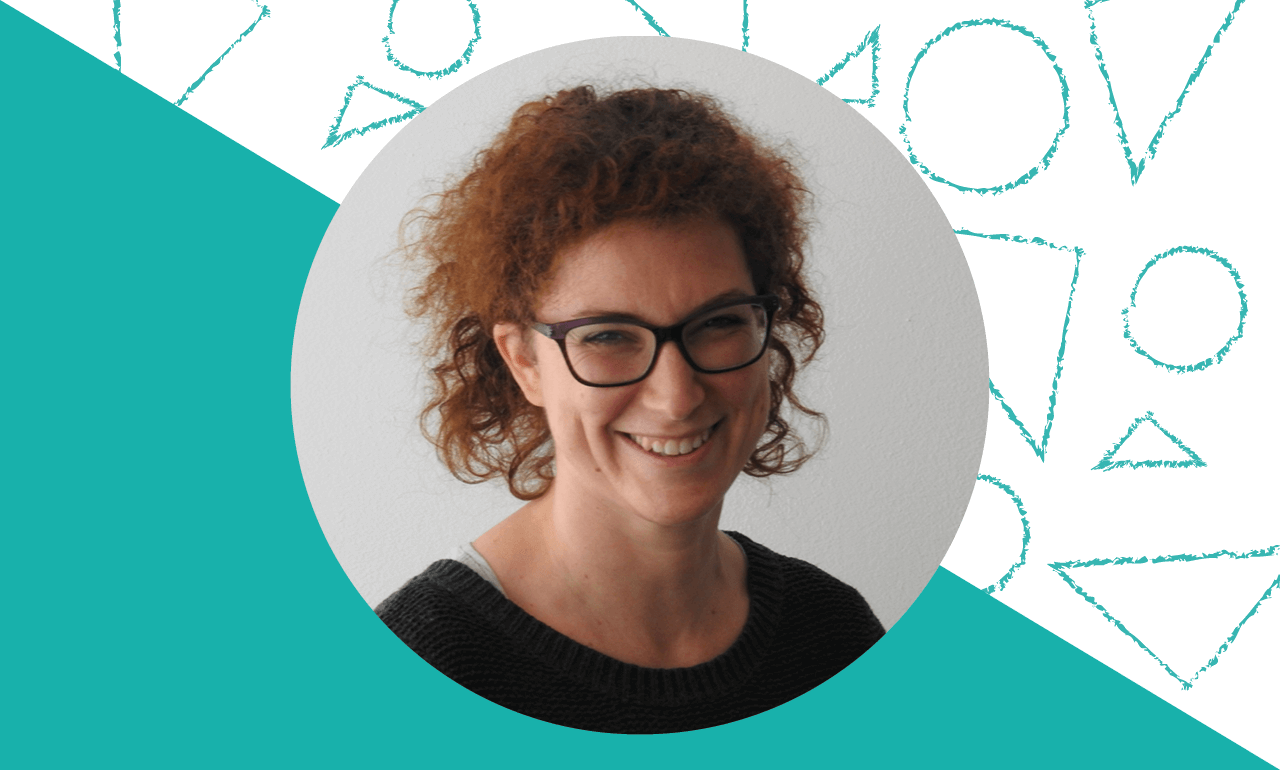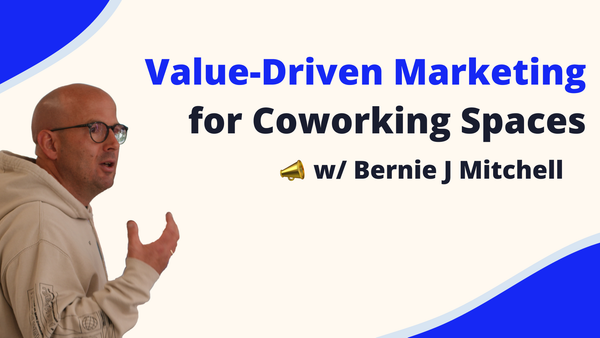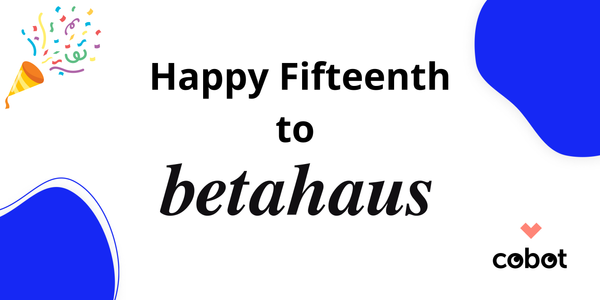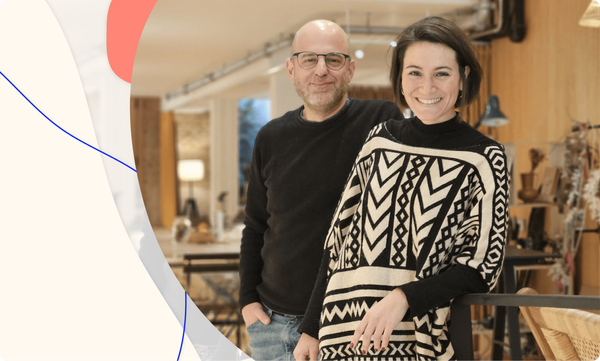The Powerhouse solidarity coworking space opened in February 2020 to a year of challenges and triumphs. Co-founder Magaly Mathys reveals why she started it and how the first year has gone.
Hi Magaly, thanks for taking the time to speak with us! Can you tell us a bit about yourself and what led you to create PowerHouse?
For as long as I can remember, I have always wanted to help people in their professional project and enjoyed putting them in touch with others who could bring them solutions. Technology and digital education have always been central in all my experiences. I worked as a teacher, communication and events manager in various startups, then, web project manager at Ecole polytechnique fédérale de Lausanne (EPFL).
In 2015, I was deeply affected by the migration crisis. It was unthinkable to witness this humanitarian catastrophe without doing anything. A few months after the birth of my son, I left for Chios, a Greek island opposite the Turkish coast, to join the amazing volunteers of the Chios Eastern Shore Response Team (CESRT) and to meet boats of refugees fleeing war. Meeting with engineers, lawyers, teachers, journalists, whole families who left everything to save their own life, hoping to find a place to rebuild it, has been deeply upsetting. Back in Switzerland, I couldn’t just sit back and do nothing.
Since 2016, I have supported nearly a hundred people in their professional integration in Switzerland, in collaboration with various associations, including Powercoders, which trains refugees into programming.
As a result, I developed experiences as well as a professional network, and the idea of the Powerhouse gradually emerged. And here we are, with my colleague and friend Coline Sauzet,in 2020 with a solidarity coworking space in Lausanne!
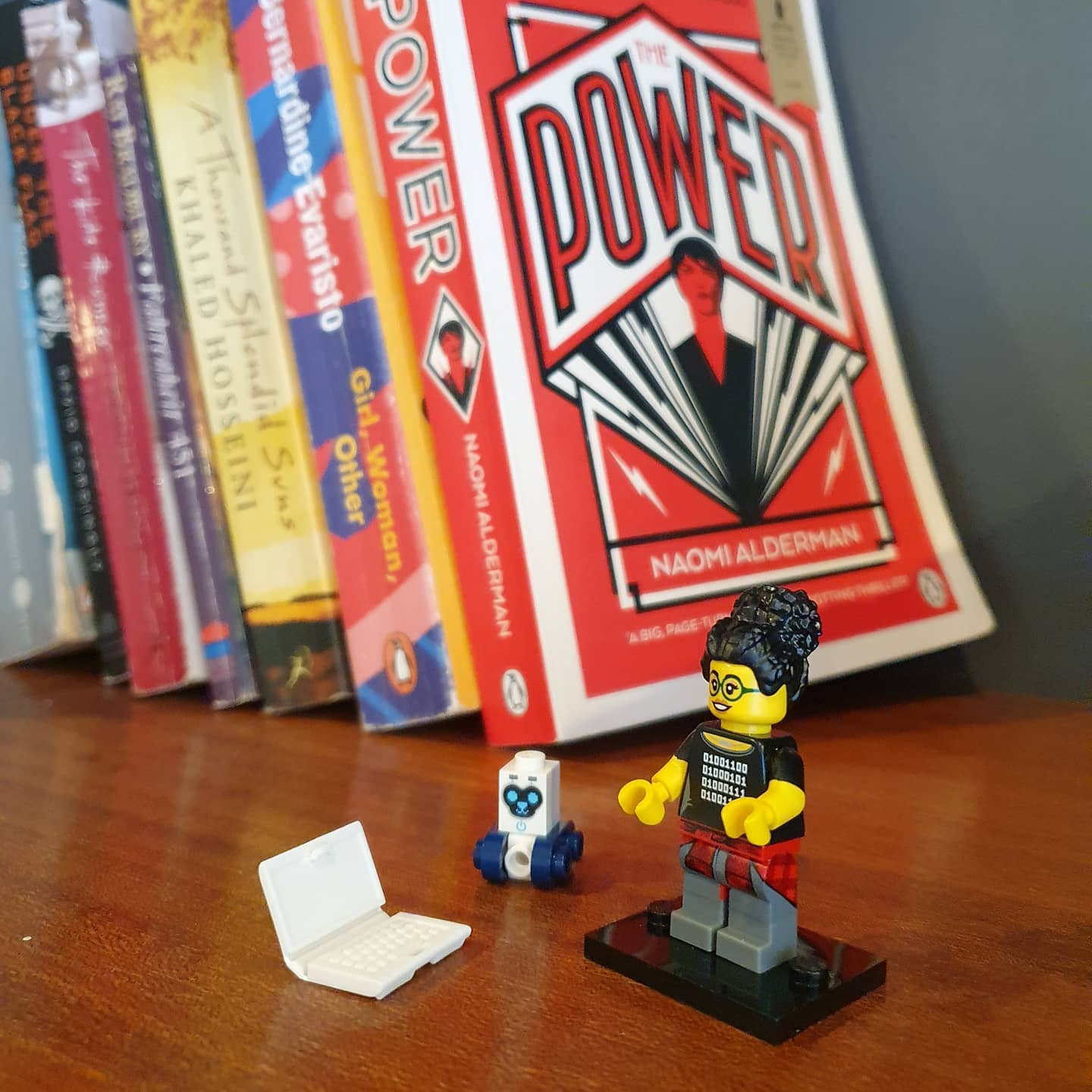
Can you explain what your mission is and how “solidarity coworking” plays a role in it?
The main mission of the Powerhouse is to offer a supportive ecosystem to enable anyone to have a concrete social impact, and to help people rebuild their careers, particularly in IT.
The idea of solidarity coworking is inspired by the “pending coffees,” a concept already existing: for each desk or meeting room rental at the Powerhouse, we suggest making an additional donation. This extra amount is used to offer a work space to people undergoing professional reconstruction, supported by our association. Whether they are housewives, refugees, people over the age of 50, or others who have gone through a burn out, we provide them with a caring work environment and an ecosystem conducive to their fulfilment.
In addition to this, everything in the Powerhouse has been collected and donated by companies or individuals; from furniture to coffee! Everything is available, from screens to keyboards. This contributes as much to the spirit of solidarity of the place as to a significant environmental impact.
Solidarity is also encouraged beyond material and financial support. Some volunteers lead training courses and workshops on IT topics, or even coach people supported by the Powerhouse association in their professional reconversion.
We also highlight other solidarity initiatives that our coworkers can benefit from: for example, deliveries of meals prepared by refugees.
In short, the Powerhouse provides the opportunity to have a concrete social impact: everyone can be part of this ecosystem, be an actor in it, benefit from it and make others benefit from it.
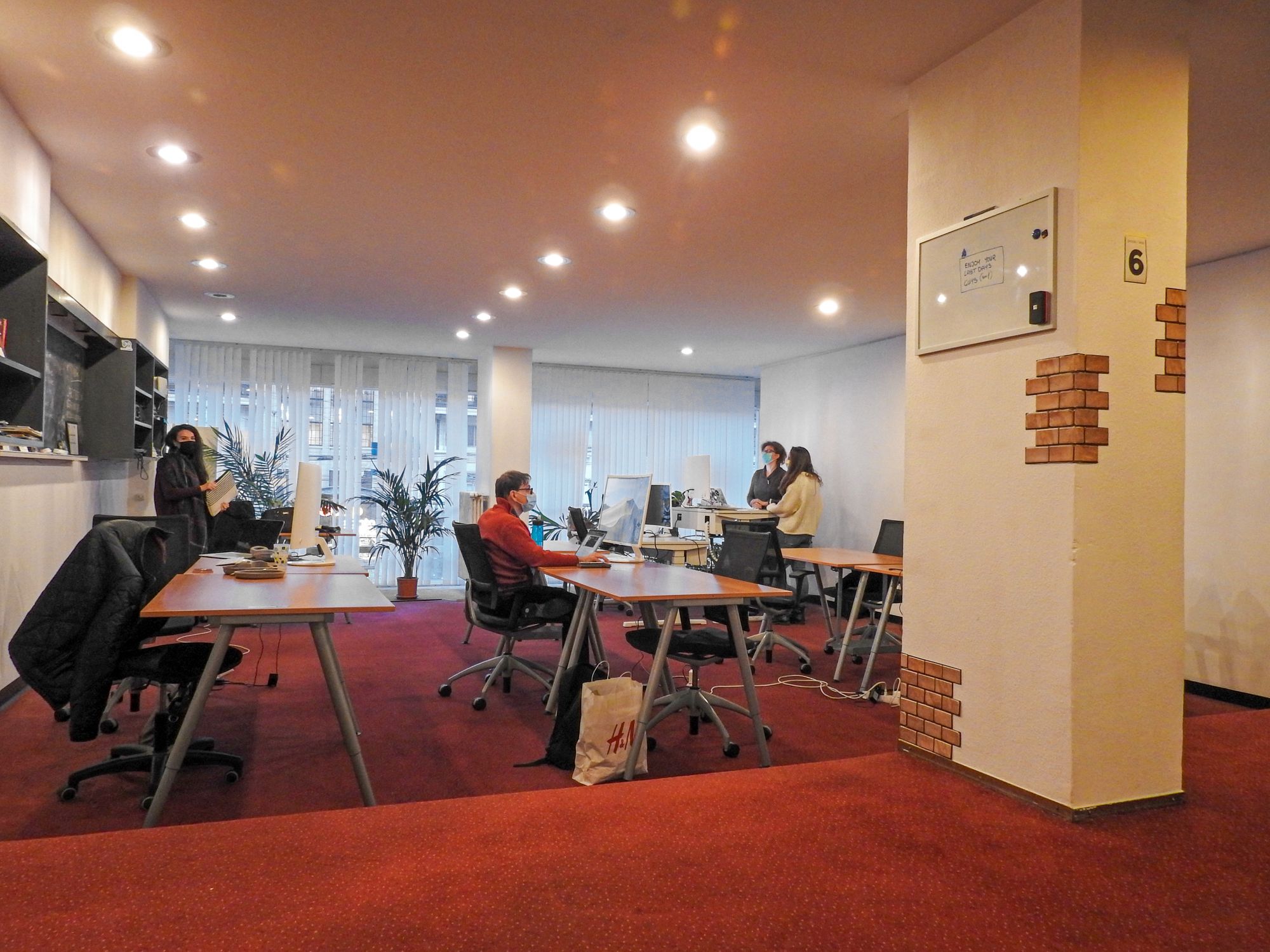
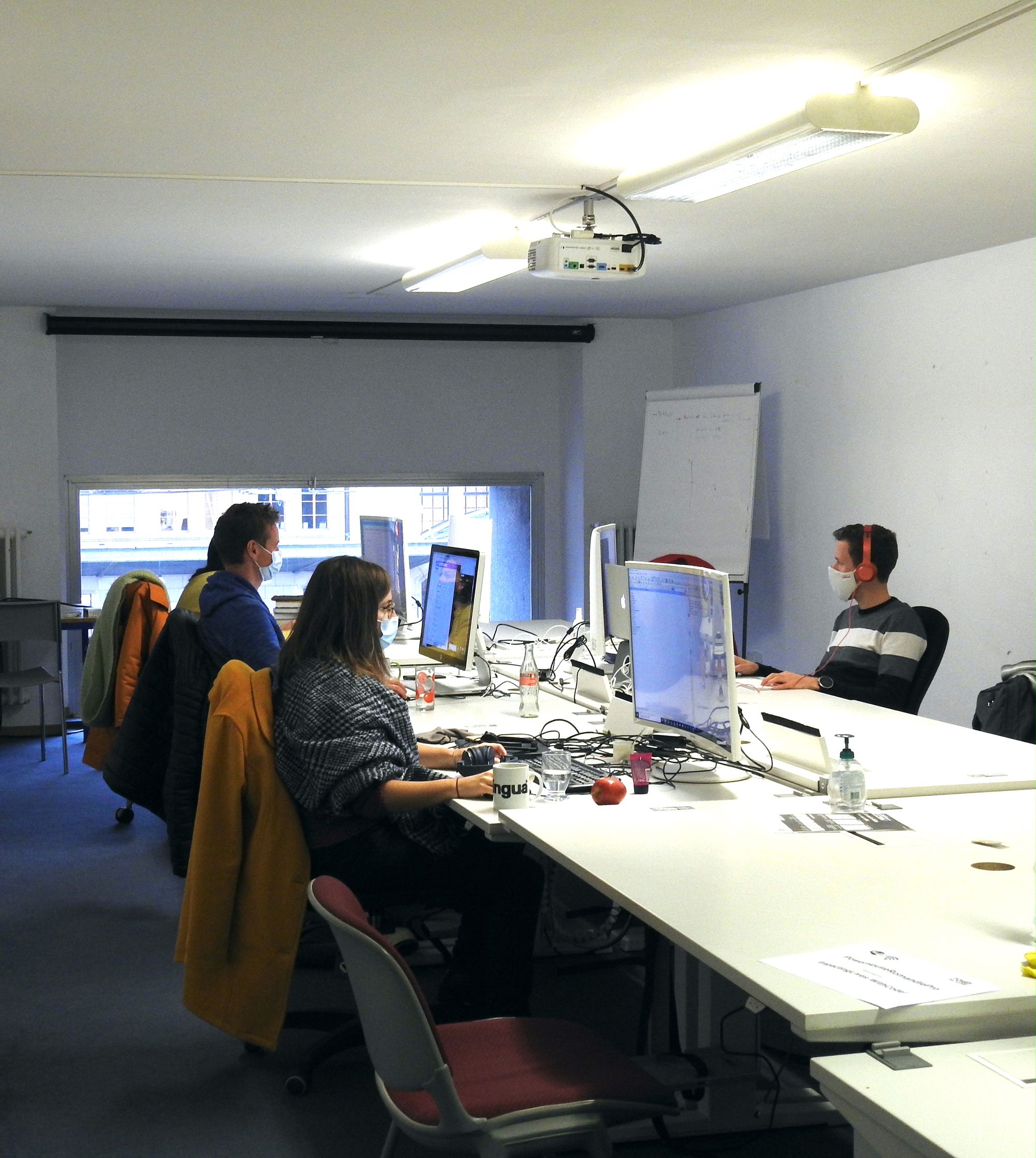
As a non-profit organization, how do you measure success?
Our success is measured in terms of the number of people that our association supports in their professional retraining and who succeed—in the long run—finding a job again.
The number of people who attend the Powerhouse on a regular basis and who actively participate in this supportive ecosystem is also an indicator of our success.
In addition to solidarity, friendliness is an important component of our values and thus of our success, because it helps to build trust and create a feeling of being “like at home.” This encourages exchanges between people at the Powerhouse, and leads to collaborations.
What have been your biggest challenges since opening the space, and what would help you overcome them?
Without question, the biggest challenge this year has been—and still is!—the health crisis linked to the Coronavirus. Launching a new coworking space at the beginning of 2020 was a huge challenge. After the inauguration in February, we were in lockdown. It was hard, but we remained confident. We nevertheless managed to organize small events, a few at the Powerhouse (with strict respect to sanitary rules), more online, and even both at the same time.
What we need now is people to talk about the Powerhouse! Whether you are a freelancer who needs a place to work, or a company looking for meeting rooms right at Lausanne train station, we look forward to welcoming you soon at the Powerhouse!
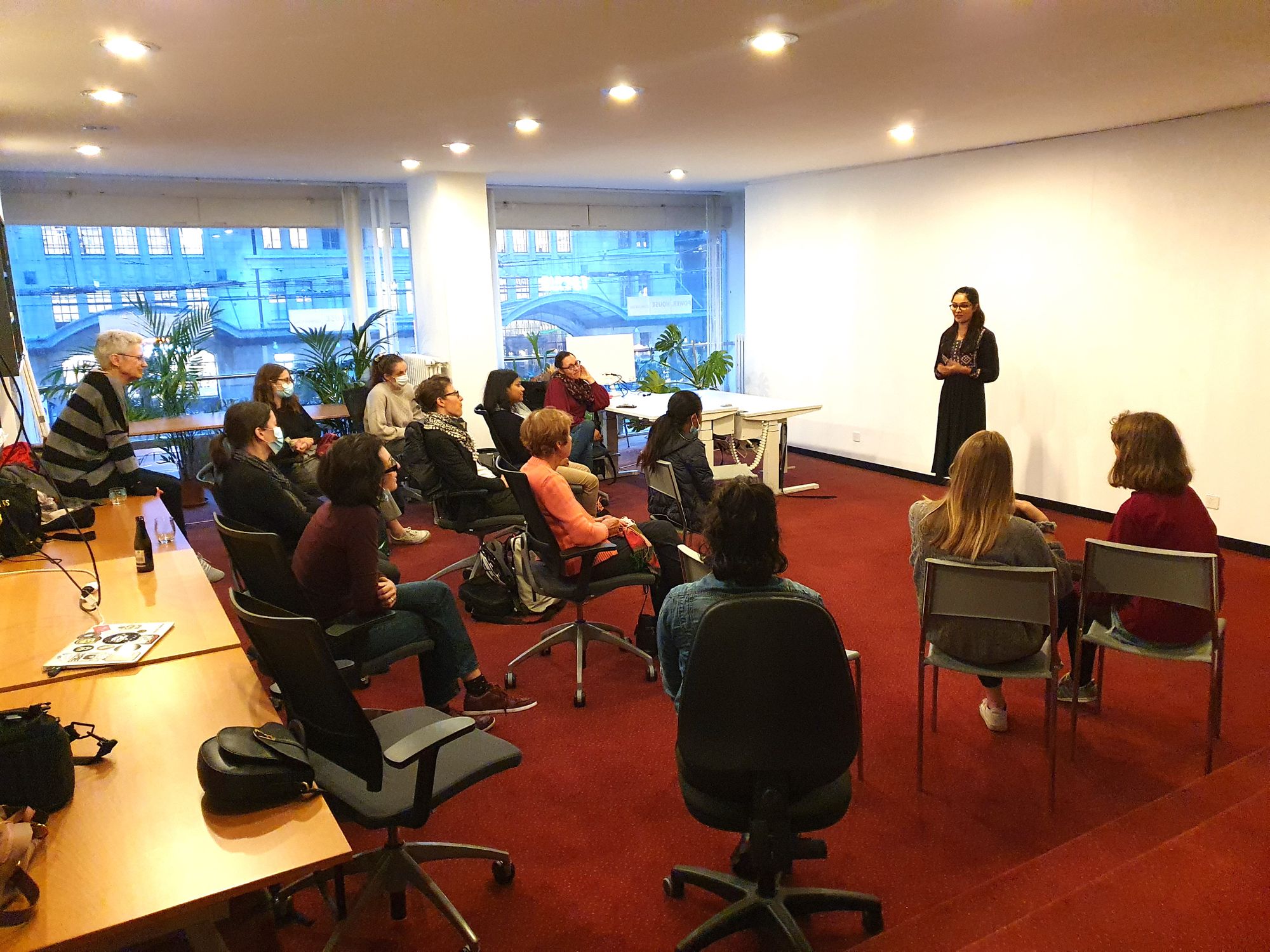
Thanks again for your time! Where can our readers find out more about you and Powerhouse online?
Thank you!
Our website: www.powerhouses.ch
You can also support the Powerhouse by buying coffees: https://ko-fi.com/powerhouselausanne
On social networks:
Instagram: https://instagram.com/powerhouse.lausanne
Twitter: https://twitter.com/powerhouse_CH
Facebook: https://www.facebook.com/powerhouse.lausanne
See you at the Powerhouse soon!
If you aren’t already using Cobot as your coworking management software, give it a go! You’ll find that our features can help you run your coworking space more effectively and grow your community. Just sign up for a free trial or a live demo session. And if you have questions, our support team is all ears!
Happy Coworking!
